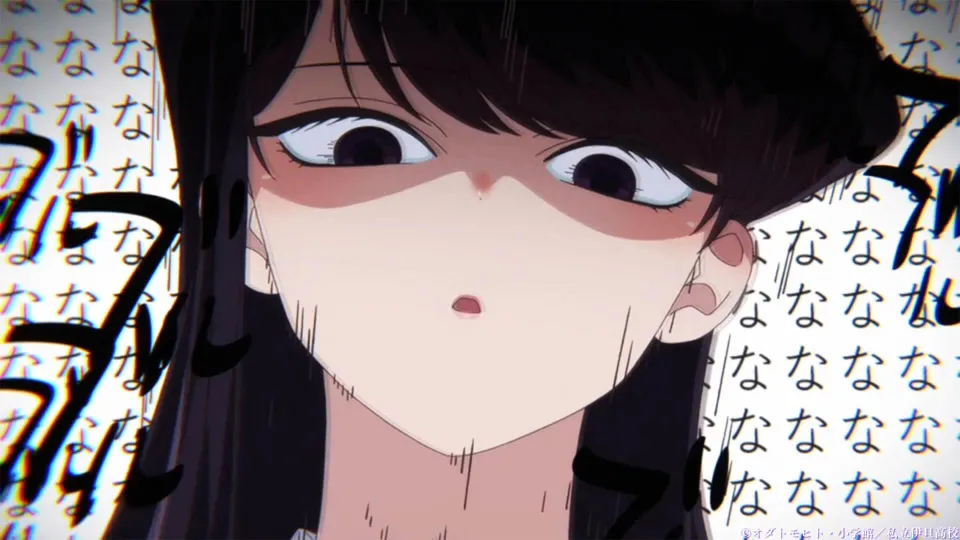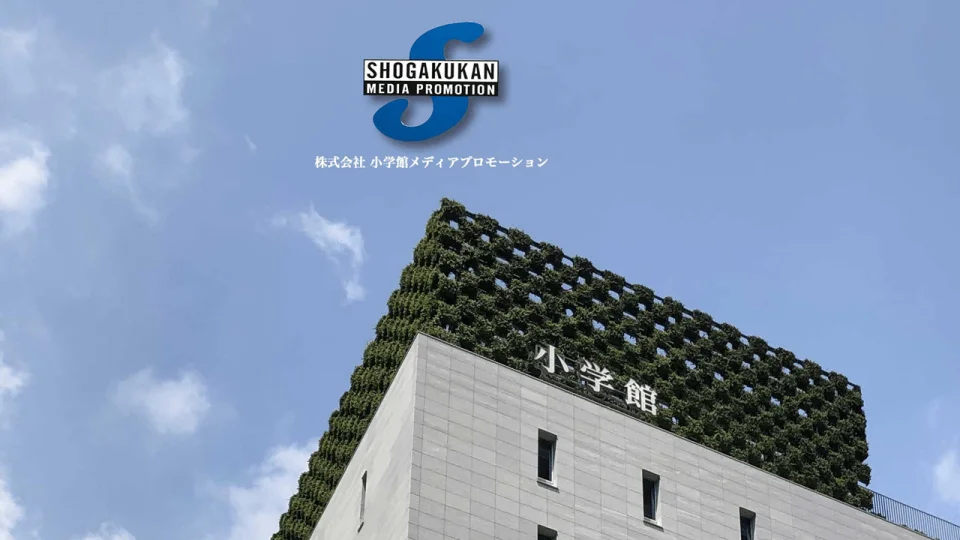They want to boycott Shogakukan, Frieren's house, and Komi-san

In the world of Japanese manga, Shogakukan is recognized for being the publisher of iconic franchises such as "Detective Conan", "Sousou no Frieren", "Tonikaku Kawaii" and "Komi-san wa, Komyushou Desu", among many others. Recently, however, this publishing house has come under intense criticism and calls for a boycott by some netizens in Japan.

The reason behind this controversy can be traced back to the tragic suicide of author Ashihara Hinako, who took her own life at the age of 50 after facing difficulties related to the live-action adaptation of her play "Sexy Tanaka-san." As the author explained in a post on her personal blog, the live-action series suffered serious problems due to poor script adaptation work. Ashihara-san was forced to personally intervene to try to save the series, which triggered intense criticism towards Tomoko Aizawa, who was responsible for adapting the manga's script for the live-action series, something the author did not want to happen.
The situation was further complicated when NTV, the live-action production company, issued a statement stating that all scripts for the episodes had been approved by Shogakukan, with the author's alleged prior authorization. This led to a deep sense of distrust towards the publisher, as many felt that it had not provided the necessary support to Ashihara Hinako during this difficult time.
As a result, some netizens have called for a boycott of the purchase of manga published by Shogakukan as a way to express their discontent and pressure the publisher to take responsibility for its alleged lack of support for the author. However, this action has also generated a debate about whether it is ethical to affect other authors who publish their works through this publishing house.
Comments such as "This is no longer about 'protecting the authors', but rather about 'wanting to destroy Shogakukan', in short, 'I want to destroy what I find distasteful'," reflect this controversy. Some consider that Internet users are diverting attention from the main problem and harming the very authors who depend on the publisher to publish their works:
- "I don't want to buy it from Shogakukan, so I want you to post it somewhere else. It's up to you how you 'feel' about it."
- "But to go out of your way to tell people, that's just bad maintenance of a twisted nature. It's the same as throwing food in the trash or trampling it in front of farmers."
- "People who are boycotting Shogakukan because of their resentment towards her are throwing it in the authors' faces."
- "I don't want publishers to be paid! The result of 'I don't want publishers to get money' is that 'the authors I support don't get money or achievements.'"
- Those who complain probably see him as "an enemy who goes out of his way to publish Shogakukan in this day and age." What a mess the times are now."
This polemic highlights the complex ethical and moral dilemmas that arise in situations where public outrage is directed toward a broader entity, affecting individuals who may have no direct responsibility for the problem at hand.
Source: Otakomu

